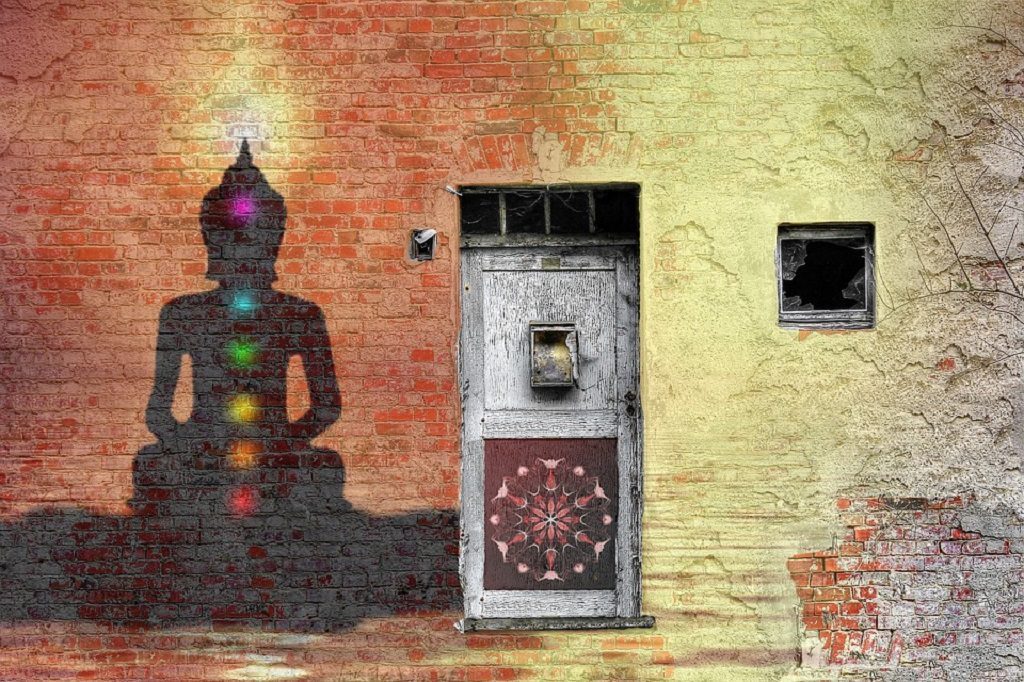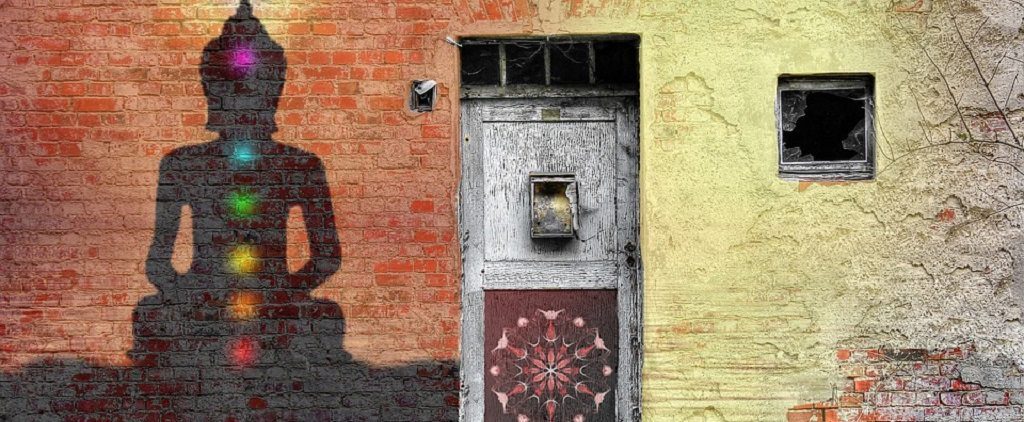[dropcap style=”font-size:100px; color:#992211;”]T[/dropcap]he use of psychedelic drugs, a new study suggests, might help prevent crime, rather than increase it.
Which is patently obvious to all but the most caricatured of Nixon-era throwbacks. Hell, how are you going to carry out a crime when you’re more interested in the way the etched grip on your revolver seems to be blending and dripping, man, than actually holding up the bank in question?
Anyone for Ween?
Newly published research suggests that common psychedelic drugs–such as magic mushrooms, LSD and mescaline (a substance derived from the peyote cactus)–may reduce criminal offences.
The new study, co-authored by UBC Okanagan’s Associate Professor of Psychology Zach Walsh, found that psychedelic drugs are associated with a decreased likelihood of antisocial criminal behaviour.
“These findings add to a growing body of research suggesting that use of classic psychedelics may have positive effects for reducing antisocial behaviour,” said Walsh, a p. “They certainly highlight the need for further research into the potentially beneficial effects of these stigmatized substances for both individual and public health.”
Lead author, University of Alabama Assoc. Prof. Peter Hendricks, used data obtained by the National Survey on Drug Use and Health, which is administered by the U.S. Department of Health and Human Services, to explore the connection between the use of classic psychedelic substances and criminal behaviour among more than 480,000 American adult respondents from the past 13 years.
Key findings of the study are that respondents who have used psychedelic drugs had 27 per cent decreased odds of larceny or theft, and 22 per cent decreased odds of arrest for a violent crime in the past year. At the same time, lifetime use of other illicit substances was generally associated with increased odds of criminal behaviour.
Hendricks says that psilocybin and related compounds could revolutionize the mental health field.
“The development of innovative and effective interventions to prevent criminal behaviour is an obvious priority,” Hendricks adds. “Our findings suggest the protective effects of classic psychedelic use are attributable to genuine reductions in antisocial behaviour rather than reflecting improved evasion of arrest. Simply put, the positive effects associated with classic psychedelic use appear to be reliable. Given the costs of criminal behaviour, the potential represented by this treatment paradigm is significant.”
Walsh points out that research on the benefits of psychedelic drugs started decades ago, primarily to treat mental illness. However, it was stopped due to the reclassification of the drugs to controlled substances in the mid-1970s. Recent years have seen a resurgence of interest in psychedelic medicine.
“More research is needed to figure out what factors underlie these effects,” Walsh says. “But the experiences of unity, positivity and transcendence that characterize the psychedelic experience may have lasting benefits that translate into real-world consequences.”
Source: Eurekalert/University of British Columbia Okanagan campus
Image: Pixabay/Angela_Yuriko_Smith

Some of the news that we find inspiring, diverting, wrong or so very right.






















